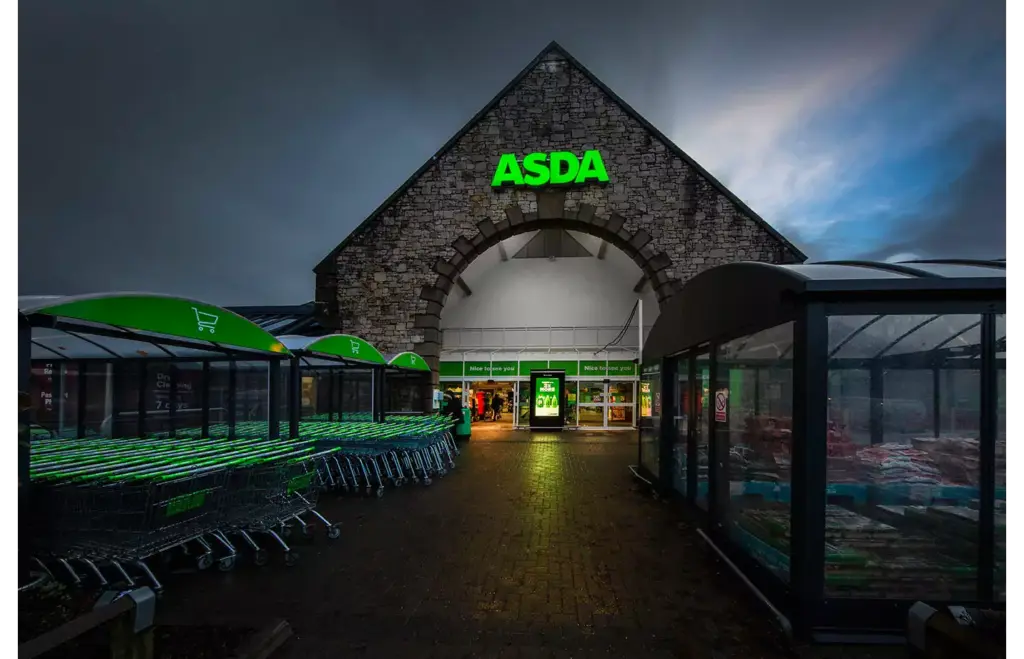Former Asda boss returns as executive chair

The former CEO of Asda Allan Leighton has returned to the grocer after being appointed as executive chair.
Leighton – who led the business from 1996 to 2001 – will look to help reverse the retailer’s fortunes following a recent decline in performance.
Other roles he has previously held include president of Loblaw Companies, the second-largest food retail business in North America, and nine years as chair of The Co-op.
Leighton succeeds Lord Stuart Rose, who has served as chair since 2021. Rose will remain with the board during the transition period.
Allan Leighton said: “Stuart has done an important job in helping to create a retailer with a presence in every format and I am delighted to be returning to the business which has always been a special place for me. The potential for Asda now is significant, and my focus will be to work with the leadership team to help make Asda special for our colleagues and millions of customers.”
Stuart Rose added: “It has been a privilege to work alongside the Asda team over the past three years and to support the business through this period of transition. Asda will benefit enormously from Allan’s experience of leading the business and on behalf of the Board I am pleased to welcome him back. I look forward to continuing to support Asda as a shareholder and customer over the coming years.”
Gary Lindsay, managing partner of TDR Capital, Asda’s majority shareholder, said: “We would like to thank Stuart for the role he has played over the past three years and for the work he has done to help position Asda for long-term success. Asda today has both a leading superstore estate and a strong position in every format, and Allan’s experience and understanding of Asda will stand us in good stead as he leads the business into the next stage of its development. We are looking forward to working with Allan to help Asda deliver on its potential.”
The appointment comes after Asda reported that its third quarter revenue (excluding fuel) had declined by 2.5% to £5.3bn, with like-for-like sales down by 4.8%.